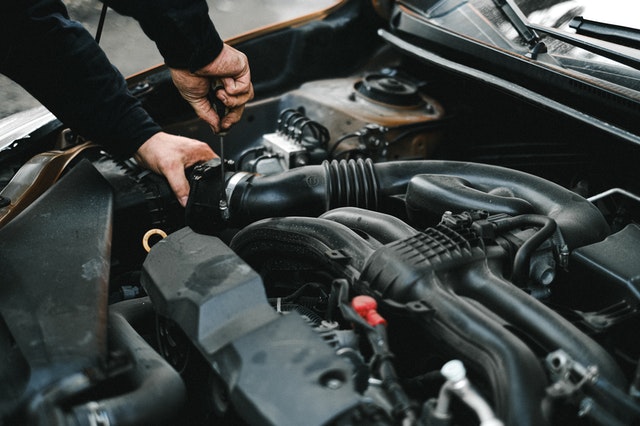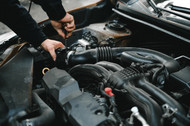5 Things You Didn't Know About Oil Coolers
17th Mar 2022
 1
1
Automotive engines will produce a substantial amount of heat during operation. As oil flows through them, it will absorb some of this heat. It's not uncommon for oil to reach temperatures of 190 to 220 degrees Fahrenheit. To ensure that the oil doesn't vaporize or otherwise burn off, some vehicles are equipped with an oil cooler. Here are five things that you probably didn't know about oil coolers.
#1) Act Like a Heat Exchanger
Water coolers act like a heat exchanger. They consist of metal tubes that facilitates the transfer of heat. Hot oil will flow through the oil cooler's metal tubes, during which it will release some of its heat to the surrounding environment. Coolant radiators, of course, operate in the same way by acting like a heat exchanger.
#2) Not Found on All Vehicles
While most vehicles support an oil cooler, not all vehicles have one. You'll often find an oil cooler on high-performance vehicles. If a vehicle's engine is expected to operate at a high number of revolutions per minute (RPM), it may feature an oil cooler. RPMs produce heat. An oil cooler will help to control the temperature of the oil so that it doesn't vaporize.
#3) Extends the Life of Engine Oil
If you're looking to extend the life of your vehicle's engine oil, you may want to install an oil cooler. Most types of engine oil last for about 3,000 to 10,000 miles, with synthetic formulas having the longest lifespan. Nonetheless, you can extend the life of your vehicle's engine oil by installing an oil cooler. Engine oil will degrade as it heats up. It will lose its ability to lubricate your engine's parts, in which case you'll have to change it. With an oil cooler, though, you can keep the temperature of the oil in check so that it lasts longer.
#4) Built Into Some Radiators
Some coolant radiators feature a built-in oil cooler. These dual-purpose radiators look like ordinary coolant radiators. The difference is that they have separate passages for coolant and oil. Coolant will flow through one set of passages, whereas oil will flow a different set of passages. Dual-purpose radiators such as this are known as Engine Oil Cooler (EOC) radiators.
#5) Requires a Gasket
Oil coolers require a gasket. The gasket is a seal that protects oil from leaking out of the oil cooler. Oil cooler gaskets, however, can fail. After expanding and contracting countless times, it may fail to create a leakproof mating surface. Gasket failure may then result in oil leaking from the oil cooler. If you believe your vehicle has a leaky oil cooler gasket, you'll need to replace it immediately.

